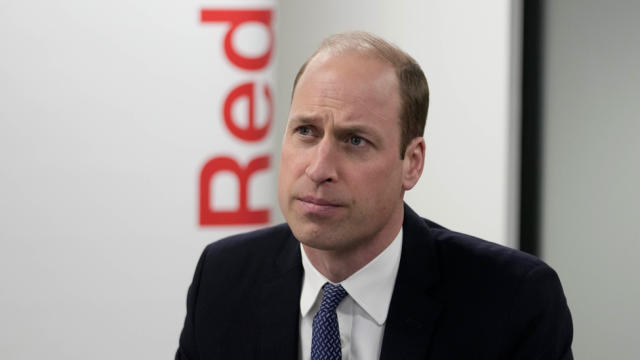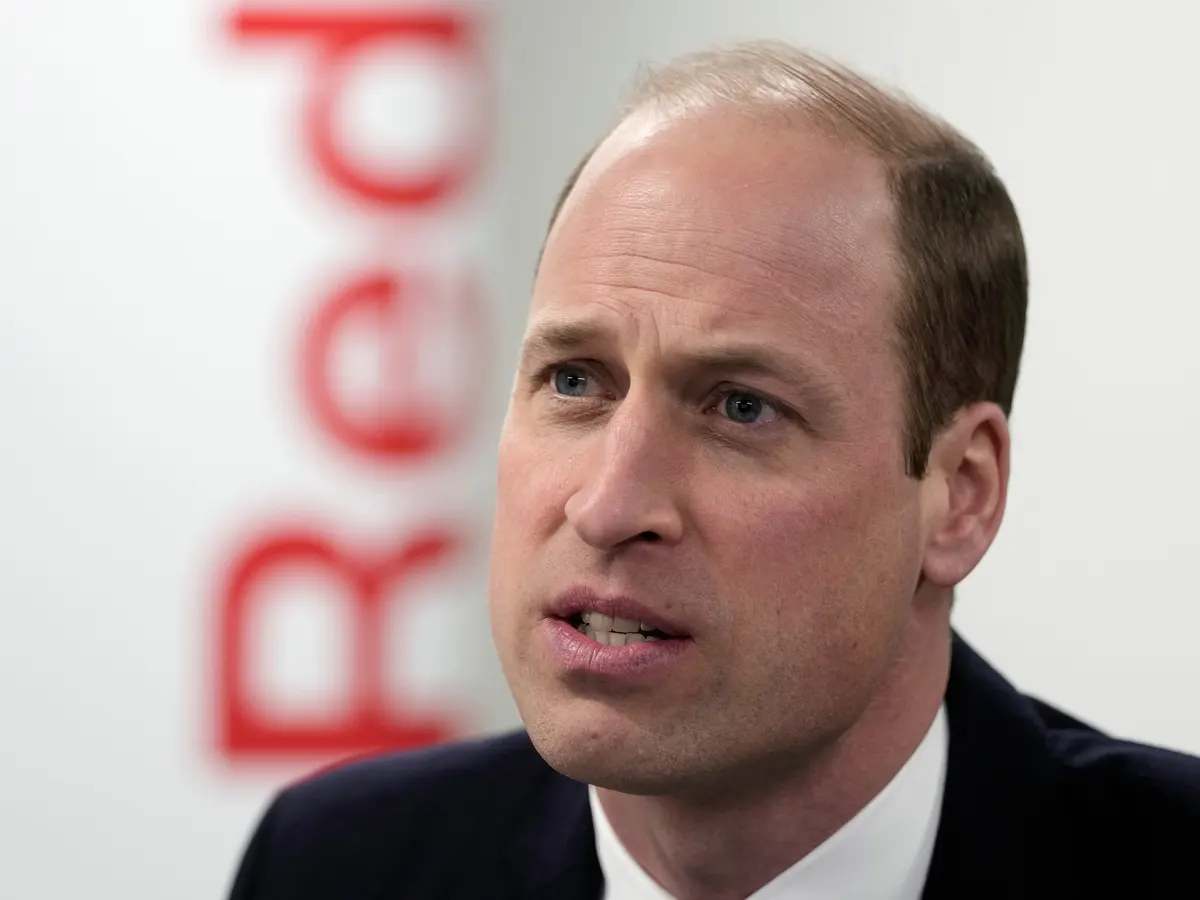For an heir to the throne seeking to safeguard his future, a fundamental rule might be to steer clear of associations with figures like David Cameron. Last week, the foreign secretary found himself flying to the Falklands to engage in a photo op with children who were unaware of his past ties to the disgraced financier, Lex Greensill.
Unlike his previous dealings with Chinese clients who paid hefty sums for his services, this occasion didn’t come with a price tag of £12,000 per appearance.
However, Prince William has now entered into a joint venture that raises eyebrows. Following a charm offensive by Cameron, it seems that Prince William, or his team, possibly influenced by a recent recruit from the Foreign, Commonwealth & Development Office, echoed sentiments in a statement on Gaza that bore a striking resemblance to Cameron’s rhetoric.
In December, Cameron wrote about “too many civilians have been killed,” and now William’s statement, adorned with a coronetted “W”, expressed: “too many have been killed.” The similarity raises questions about whether William’s involvement was necessary, especially as Members of Parliament were poised to debate Gaza.

Prince William (Credits: AOL)
The statement, with its earnest yet somewhat self-important tone, spoke of clinging to hope for a brighter future. However, amidst the myriad conflicts demanding attention, one wonders if Gaza alone will receive the bulk of William’s empathy, potentially leaving other crises overlooked.
This isn’t the first instance suggesting that if the crown continues to beckon, William may harbor ambitions beyond mere ceremonial duties. Following the inquiry into Martin Bashir’s deceit prior to Princess Diana’s BBC interview, William effectively banned the program from ever airing again, displaying a willingness to exert influence beyond traditional royal boundaries.
While his position is primarily by virtue of birthright, it doesn’t preclude him from participating in national discourse, especially in a legislative body still populated by hereditary peers. There are areas where his insights, honed through his royal upbringing, could be valuable.
Yet, beyond his charitable endeavors and environmental initiatives, there’s a palpable tension in William’s public persona, exemplified by his strained relationship with his brother, Prince Harry, as recounted in the latter’s book, “Spare.” The narrative of fraternal discord stands in stark contrast to William’s aspirations for global harmony.
The unresolved tension within his own family could undermine William’s credibility in international conflict resolution. However, if his intervention on Gaza achieves nothing else, it might at least momentarily deflect scrutiny from internal family dynamics.
Amidst speculations about William’s literary preferences and his suitability for the throne, there lingers the question of whether his recent forays into diplomatic terrain are driven by genuine conviction or external influence, perhaps even the persuasive tactics of old acquaintances like Cameron.
Regardless, the Foreign Office’s apparent lack of caution in advising William’s involvement in Middle Eastern affairs raises eyebrows, potentially leaving room for unwelcome repercussions. In a climate where public opinion of the monarchy is increasingly scrutinized, such missteps could prove costly.























